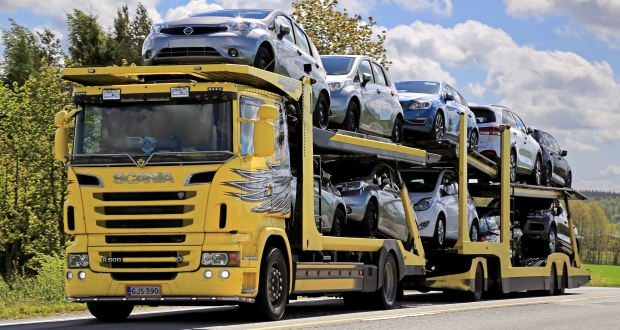 Sales of cars across Europe last year rose 14% to 12.8 million units the highest level since the pandemic.
Sales of cars across Europe last year rose 14% to 12.8 million units the highest level since the pandemic.
Much of the growth in Europe’s new car market in 2023 was driven by BEVs, which accounted for 15.7% of total market share with 2,011,209 units registered.
But, like the UK, BEV sales are being driven by fleet while retail sales trailed. BEV registrations made by fleets and businesses rose by 51%, compared to a 4% rise for private buyers.
Only 39% of overall BEV registrations were made by private buyers, down nine points from 2022.
“The lack of interest from private buyers is a major hurdle for the industry to overcome. Sales to private individuals tend to be the most profitable for carmakers, and so it’s imperative that they do more to attract this type of customer.
“Although growth stalled in November and then fell sharply in December, incentives are continuing to support BEV uptake across Europe.
“But when looking at the data by registration type, it becomes clear that incentives are only currently appealing to companies, fleets and rentals,” said Felipe Munoz, global analyst at JATO Dynamics
Overall, the European market is approaching pre-pandemic conditions but sales are unlikely to achieve the 15 million units achieved in 2019.
“Europe’s automotive market appears to be normalising. Supply chain issues are now largely under control, and consumers have become accustomed to waiting longer to receive new vehicles. Despite this, it is unlikely we will see volumes surpass the 15 million units recorded in 2019. Purchasing a vehicle has become more expensive, and attitudes to ownership continue to change,” said Munoz.
